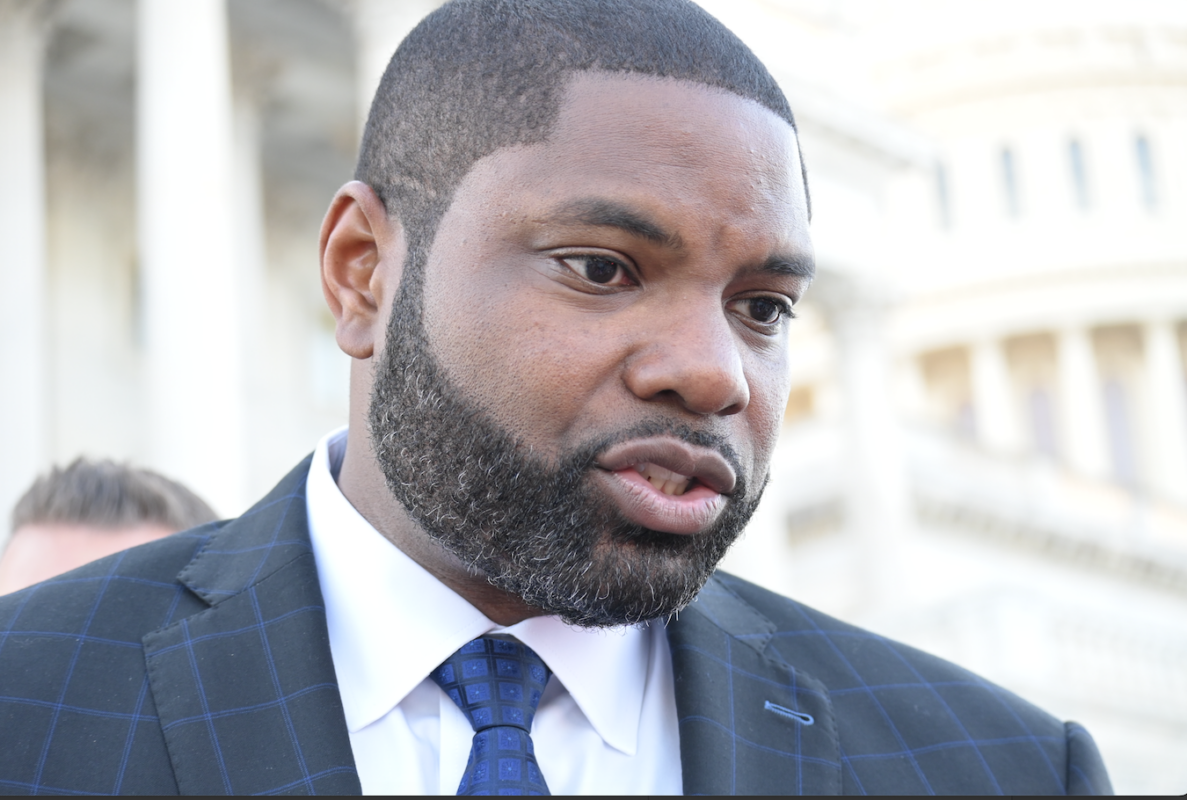Representative Gus Bilirakis (R-FL) was able to have four of his policy proposals included in the so-called "big beautiful bill," saying, "I'm proud of the common-sense approach we've put forth to achieve significant savings while preserving benefits and access to care for our most vulnerable individuals."
One piece of legislation is the Leveraging Integrity and Verification of Eligibility for (LIVE) Beneficiaries Act, which Rep. Bilirakis introduced at the end of February. This bill requires states to refer to Social Security's Death Master File database quarterly to ensure that living enrollees receive Medicaid capitation payments correctly.
"I'm proud of the common-sense approach we've put forth to achieve significant savings while preserving benefits and access to care for our most vulnerable individuals," said Rep. Bilirakis in his press release, adding, "We have a responsibility to ensure taxpayer dollars are used wisely and that includes protecting access to healthcare for low-income children, seniors, pregnant women, and those with disabilities."
Additionally, two other healthcare-related bills introduced by the Florida Congressman, the Accelerating Kids' Access to Care Act and the Orphan CURES Act, have been included in the "big beautiful bill."
The Accelerating Kids' Access to Care Act streamlines the ability for parents to gain access to out-of-state healthcare providers for their children with complex medical needs through Medicaid. Meanwhile, the Orphan CURES Act addresses an issue concerning so-called "orphan drugs."
Orphan drugs are FDA-approved medications used to treat a single rare disease and are exempt from Medicare drug negotiation programs. However, if an orphan drug is effective against more than one disease, the medication is not exempt from the drug negotiation programs, thereby discouraging innovation. The Orphan CURES Act remedies the issue by extending negotiation exemptions to these medications.
"Including these two critical provisions in the reconciliation package is a huge win for the rare disease community," Bilirakis said of the two bills, adding, "My colleagues and I will continue to work toward advancing the development of treatments and cures for rare disease patients and removing regulatory barriers that prevent patients from accessing care."
Finally, Bilirakis's fourth proposal concerns artificial intelligence (AI). It involves imposing a 10-year moratorium on state and local regulation of AI models, which would encourage innovation and pave the way for a unified standard.
"Harnessing the potential of AI is not just an opportunity for the United States; it's an absolute necessity to secure economic leadership, strengthen national security, and ensure that American values shape the future of this transformative technology," The Florida Congressman said. "We must prevent a fragmented patchwork of rules from each state that could stifle innovation, confuse compliance, and undermine the creation of effective, nationwide standards that protect both progress and the public. The moratorium included in this package enables us to achieve that goal."










